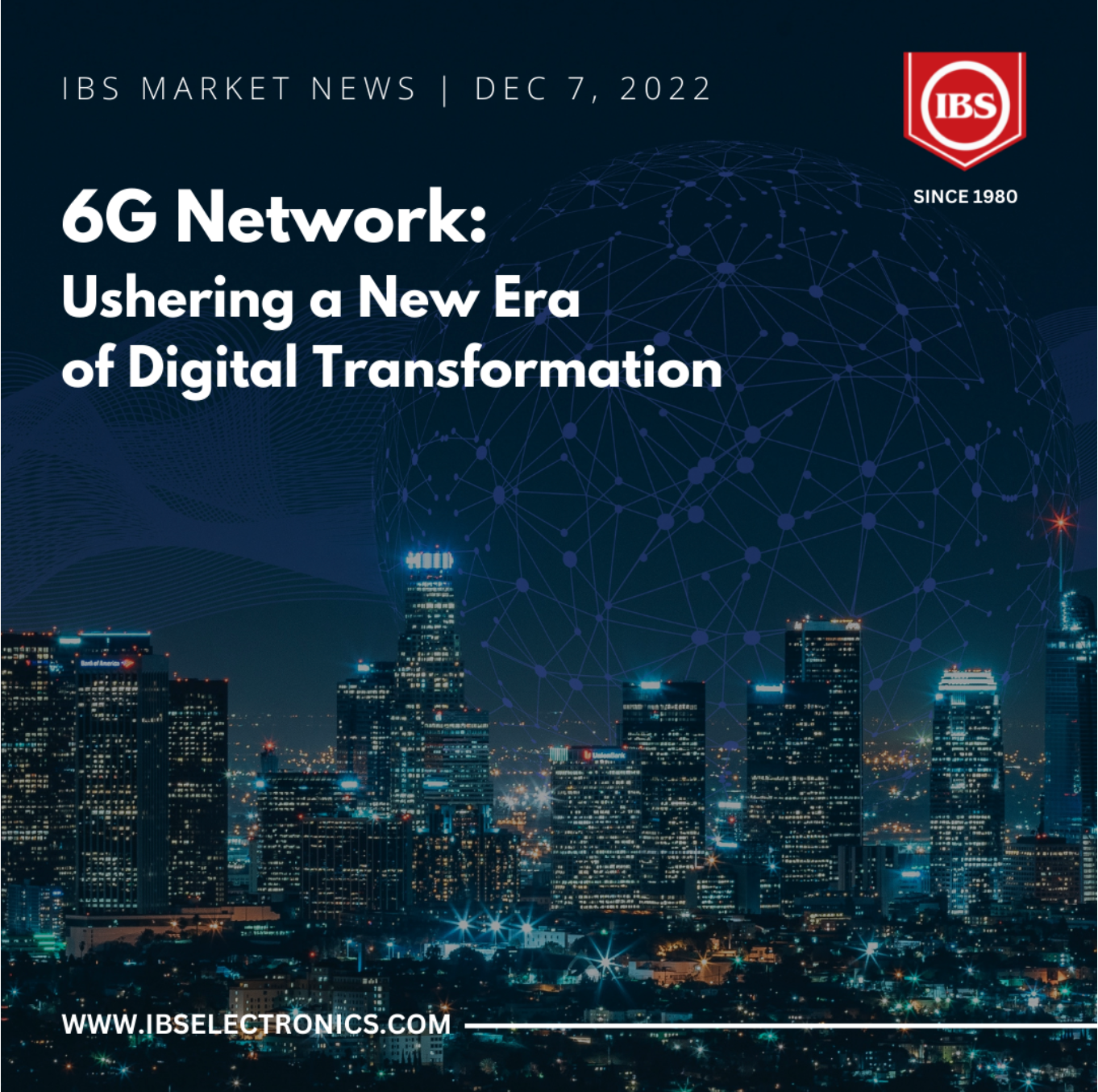6G Network: Ushering a New Era of Digital Transformation
Published: 12.6.2022
The latest generation of cellular network technology, known as 6G, is swiftly taking over the telecom sector. With the global deployment of 5G networks still underway and many areas of the world still using less advanced communications networks, researchers and industry leaders are already looking ahead to 6G and its potential benefits.
The path to 6G can already be seen taking shape, with executives from Nokia, Microsoft, and Qualcomm talking about the most promising use cases and making plans to establish research laboratories to develop the technology and push the boundaries of 5G technology.
During the Brooklyn 6G Summit in NYU, Qualcomm’s John Smee predicts 6G technology to revolutionize the world in 2030. Despite this, quite a few vendors are already talking about extended reality (XR), the metaverse, and other amazing technologies that 6G will enable.

In an interview with Global Times, forward-looking research into 6G brings unprecedented opportunities for expanded collaboration between people and machines across physical boundaries and time zones.
6G will enable an open, intelligent, and immersive metaverse experience; from augmented reality (AR) to extended reality (XR) environments and will facilitate more natural interactions among humans and machine entities. In addition to faster connections and increased speeds, it will feature improved device autonomy and ultra-low latency applications that better enable real-time communication between users, services, and applications. Moving forward, the metaverse will rely heavily on the capabilities of 6G technology to become a reality.
6G also brings important technical enablers as well as business opportunities through increased efficiencies across industries and massive technological dominance, Zhang Ping, an academician of the Chinese Academy of Engineering.

This new technology theoretically speeds up to 1TB/s, potentially speeding up current services such as streaming and downloads significantly. It will also feature elements of cellular-to-cellular communication which could be used on the Internet of Things, bringing greater interconnectedness and intelligence between devices.
Additionally, with its improved security protocols, the development of artificial intelligence applications may be accelerated due to the enhanced capacity for communication and data transfer. Potential applications for 6G are vast and have exciting implications for technology moving forward.
6G’s enabling of XR technologies will enable widespread use cases that range from virtual classrooms or workplaces to remote medical treatment sessions. The implications for this technology are tremendous—we cannot yet imagine the possibilities that this revolutionary form of extended reality will bring us all in the future.


.png)


